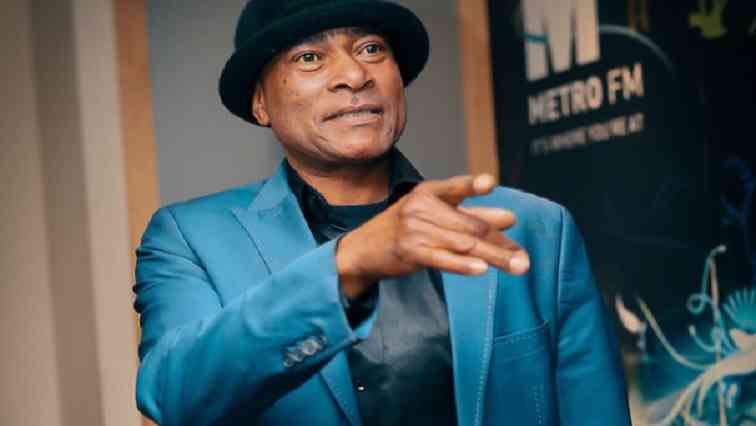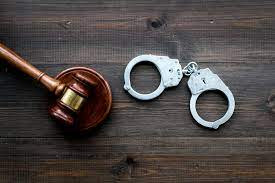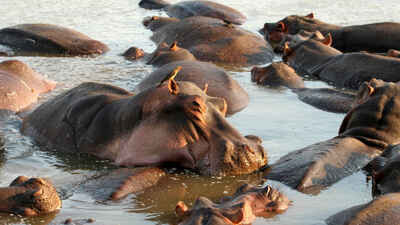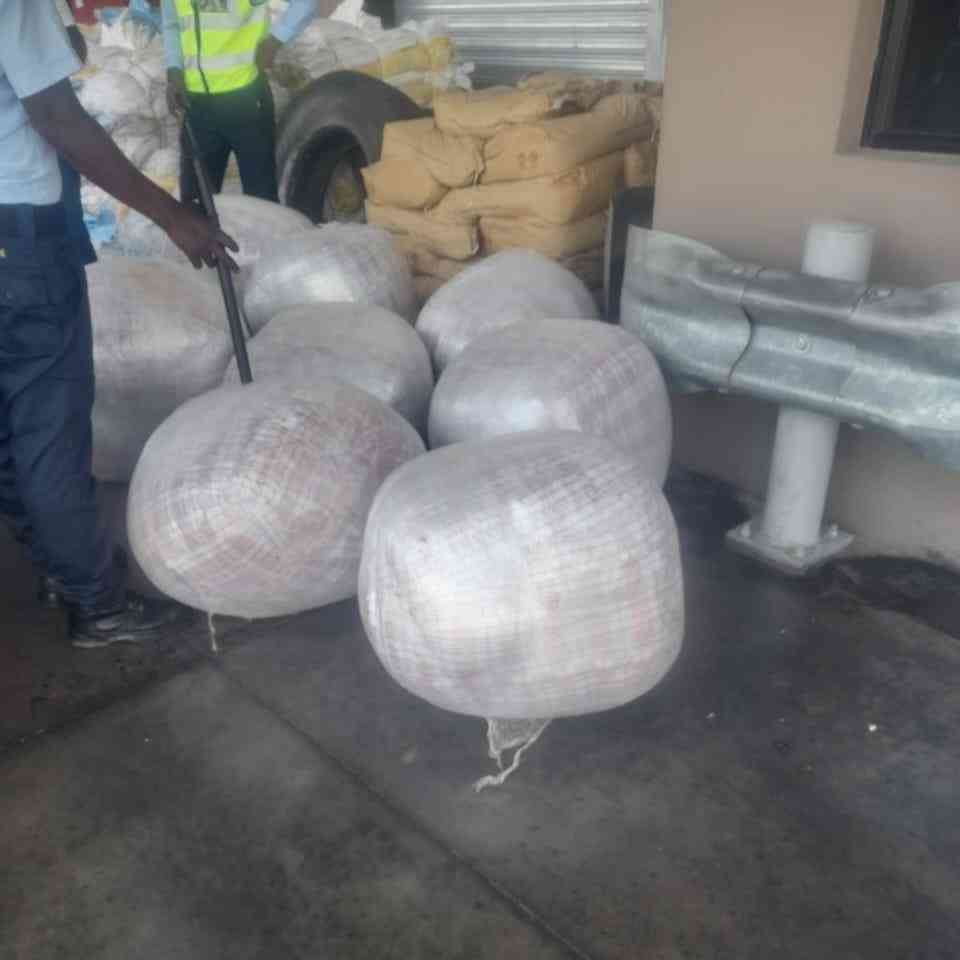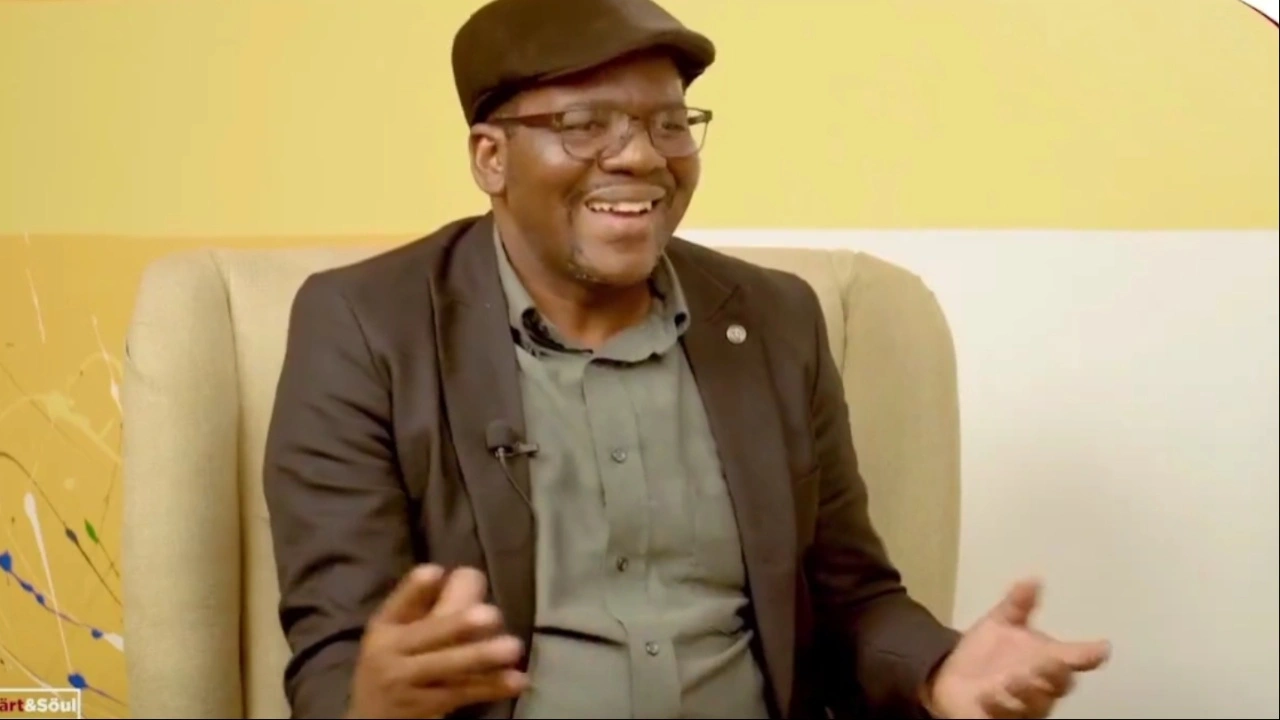
ZIMBABWE remains highly polarised as a result of political intolerance, unresolved historical issues, growing poverty, corruption and a lack of a common shared vision among other social ills, observers have said.
The sentiments were shared by various people and organisations as Zimbabwe commemorated Heroes Day yesterday.
In a statement to commemorate Heroes and Defence Forces Days, Zimbabwe Council of Churches (ZCC) said this year’s celebrations were of special significance as they were being held on the eve of the harmonised elections.
ZCC, however, bemoaned the political violence, violence against women in politics, hate speech, polarisation, intolerance and hostilities in the run-up to the August 23 polls.
“The ZCC notes with concern that the country remains highly polarised as a result of lack of political tolerance, unresolved issues of past hurts, growing poverty, corruption and a lack of a common shared vision among other social ills,” it said.
“In light of the aforementioned, the ZCC appeals to all political parties to contest the upcoming elections in a manner that prioritises the safety and well-being of all the people.”
The churches called on political parties to uphold the ideals of justice, openness and the rule of law and promote unity.
Electoral watchdog Election Resource Centre (ERC) echoed similar sentiments, maintaining that the ideals of the liberation struggle had not been fully implemented despite being enshrined in the Constitution, with unresolved issues around free, fair and credible elections persisting.
- Gukurahundi roadmap faces resistance
- MRP leader claims ‘abduction’ attempt
- We are not divisive: MRP
- MRP raps Zanu PF, ANC ‘unholy union’
Keep Reading
“While the Constitution guarantees the political and civil rights of Zimbabweans, it is in the implementation that we witness gaps. Zimbabweans in the diaspora, in prisons and hospitals cannot enjoy the right to vote today,” ERC said.
“Zimbabweans in the rural areas continue to feel harassed and intimidated from enjoying free association and participation in political activity of their choice, especially with alternative political formations and candidates apart from the current ruling party.”
Political parties also noted the challenges being faced in Zimbabwe.
The Citizens Coalition for Change said: “Today (yesterday), we honour the heroes and heroines, both past and present, who sacrificed their lives for our freedom. Their legacy lives on as we prepare to vote on August 23.”
In Bulawayo, Freedom Alliance secretary-general Nhlanhla Ncube said the day was a reminder that people in Matabeleland gallantly fought the white men only to be “raped, murdered and maimed by the North Korea-trained 5th Brigade soldiers during Gukurahundi”.
“Some of the so-called heroes being commemorated are, in fact, villains and genocidaires, who are being praised for their role in the Gukurahundi genocide. The day reminds us of the destruction of lives in Matabeleland,” Ncube said.
“We are worse off than we were in 1980. We live in abject poverty and deprivation, which brings into question the sacrifices that our parents made for Zimbabwe to gain independence.”
Mthwakazi Republic Party president Mqondisi Moyo said there was nothing to celebrate about the Heroes’ Day.
“Heroes Day did not recognise many of the Zipra cadres,” he said.
“We have heroes of the liberation struggle. We also have heroes who died without committing a crime, but were killed by Gukurahundi.”
Ibhetshu LikaZulu secretary-general Mbuso Fuzwayo said Heroes Day was important as a lot of people sacrificed their lives to fight minority rule though their efforts didn’t bring freedom, equality and prosperity to all.
“Wealth is in the hands of few corrupt people, still no justice for genocide victims, human rights are violated daily and all the freedoms they fought for have been taken away by few greedy individuals who view the country as a personal farm,” Fuzwayo said.
Meanwhile, the United Nations congratulated Zimbabwe on the occasion.
“In fulfilling the legacy of Zimbabwe’s heroes, let’s continue to work in partnership and peace for inclusive economic growth and sustainable development,” it said.

